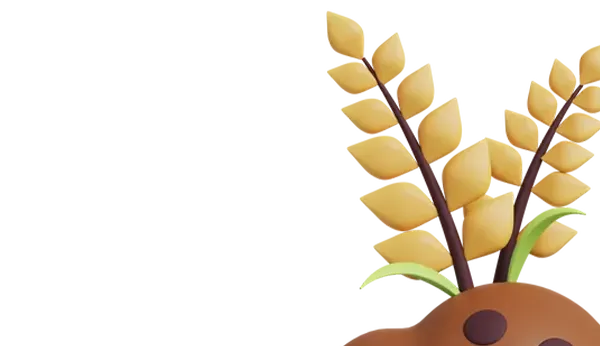According to an article published by the Canadian agro portal Alberta Farmer Express, the Lethbridge Polytechnic Institute is developing a new project that combines two distant sectors of agriculture: aquaculture and canola processing. The project leader, Nick Savidov, a senior research scientist at the college, will conduct a two-year study to test the feasibility of using canola processing by-products in fish feed in commercial aquaculture and aquaponics production.
Savidov says that if the practice proves viable, it could save the aquaculture industry millions of dollars. Fish feed accounts for a significant portion of expenses in aquaculture, so even a small saving could impact fish producers. He also notes that the rapeseed industry will gain an additional source of income from the sale of rapeseed meal, obtained during oil extraction from the seeds.
Nick Savidov defines aquaponics as a sustainable agricultural practice they are trying to create at the Lethbridge Polytechnic Institute. Aquaponics involves integrated fish and plant cultivation in a closed-loop system, where fish waste is converted into mineral nutrients for plants, which in turn purify the water for fish. Savidov believes that aquaponics could be the future of the food industry, especially if other food production systems fail to succeed.
The research aims to create a sustainable food production system, with researchers testing different concentrations of rapeseed meal with fish feed, as well as with plants in aquaponic systems. Fishmeal, which is typically used as a protein source, is expensive and unsustainable, so canola meal could provide a more environmentally friendly alternative. Aquaponics operates on a full cycle where nothing is wasted, all components of the system are utilized.
This project, costing $300,000, is funded by the Government of Canada, the Canola Council of Canada, and other associations under the Sustainable Development Program for Canadian Agriculture.















